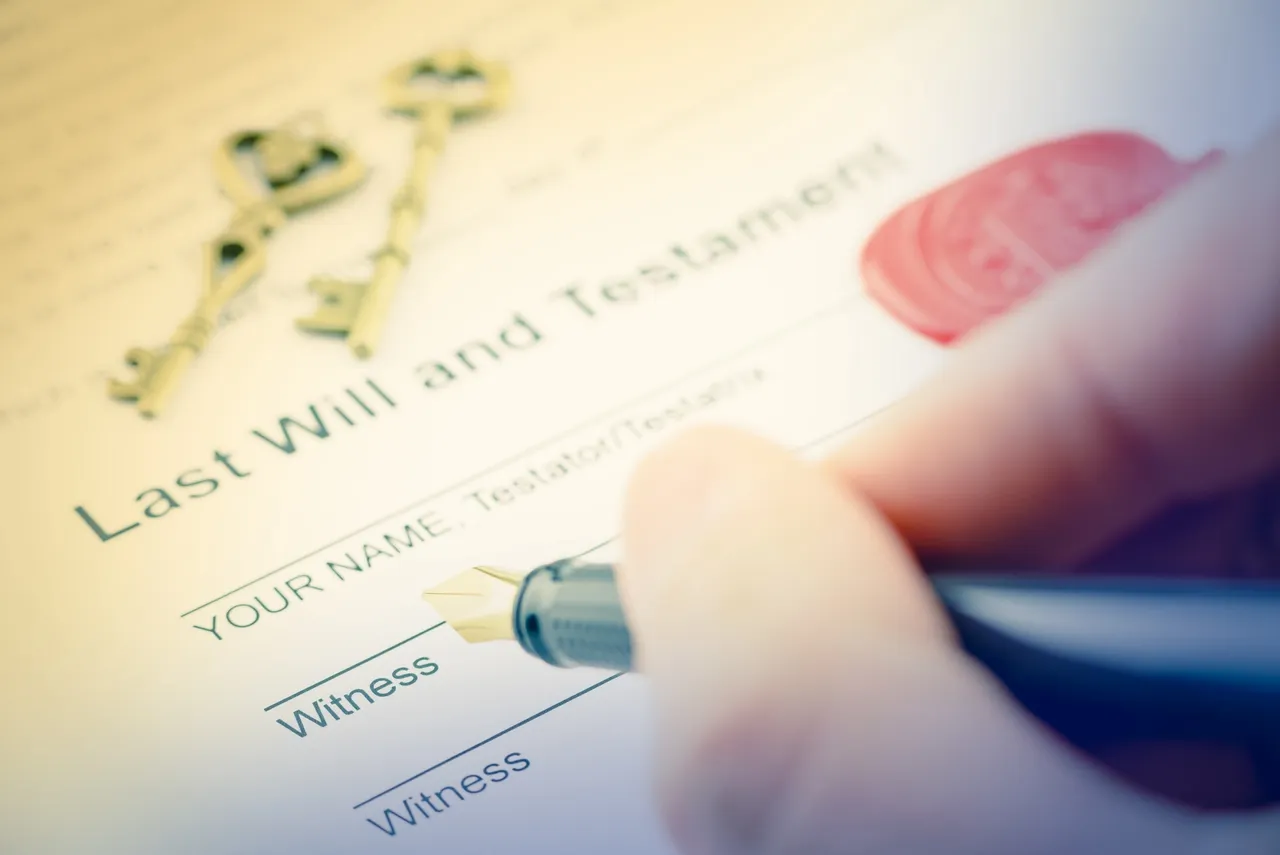Guide to Writing a Will in Hong Kong
Introduction: Planning for the future is an essential aspect of life, and one critical component of this planning is drafting a will. A will is a legal document that outlines how your assets and possessions should be distributed after your demise. In Hong Kong, the process of writing a will involves specific legal requirements and considerations. This article aims to provide a comprehensive guide on the steps involved in creating a will in Hong Kong.
Step 1: Understand the Legal Framework: Before diving into the process, it is crucial to familiarize yourself with the legal framework surrounding wills in Hong Kong. The primary legislation governing wills is the Probate and Administration Ordinance (Chapter 10) and the Wills Ordinance (Chapter 30) of the Laws of Hong Kong. These statutes outline the requirements for a valid will, the appointment of executors, and the distribution of assets.
Step 2: Seek Professional Advice: While it is possible to draft a will without legal assistance, it is highly recommended to consult a solicitor or a professional wills specialist in Hong Kong. They possess the necessary knowledge and expertise to guide you through the process, ensuring your will complies with legal requirements and reflects your intentions accurately. Their advice can also help minimize potential disputes and legal complications.
Step 3: Outline Your Assets and Beneficiaries: Compile a comprehensive inventory of your assets, including properties, bank accounts, investments, and personal belongings. Consider how you wish to distribute these assets among your beneficiaries. Identify individuals, organizations, or charities you want to include in your will as beneficiaries and determine their respective shares.
Step 4: Appoint an Executor: Choose a trustworthy and capable individual to act as the executor of your will. The executor’s primary responsibility is to manage your estate, carry out the instructions in your will, and ensure its proper administration. Discuss your decision with the potential executor and obtain their consent before finalizing the appointment.
Step 5: Prepare the Will: Working closely with your solicitor, draft the will according to your wishes and Hong Kong’s legal requirements. The will should be clear, concise, and unambiguous. It must include your personal details, appointment of an executor, beneficiaries, asset distribution instructions, and contingency plans. Additionally, consider provisions for minor beneficiaries, charitable donations, and any specific requests you may have.
Step 6: Witnessing and Execution: To ensure the validity of the will, it must be signed in the presence of two witnesses. Both witnesses must be at least 18 years old, mentally competent, and not named as beneficiaries in the will. All parties involved must sign every page of the will, including any amendments or attachments. It is advisable for the witnesses to also sign a declaration stating that they are not beneficiaries and that they witnessed the testator’s signing of the will.
Step 7: Safekeeping and Review: After executing the will, keep the original document in a secure location, such as a safe deposit box or with a trusted legal professional. Inform your executor of its location and provide them with necessary instructions. It is crucial to review your will periodically, especially after significant life events such as marriage, divorce, birth, or the acquisition of substantial assets. Update or revise the will as needed to reflect any changes in your circumstances.
Conclusion: Writing a will is an essential step in planning for the future and ensuring the smooth distribution of your assets according to your wishes. In Hong Kong, following the proper legal procedures and seeking professional advice can help ensure that your will is valid, enforceable, and accurately reflects your intentions. By taking the time to create a well-drafted will, you can provide peace of mind for yourself and your loved ones, knowing that your estate will be handled according to your wishes after you

